Rounded Pipe
Product Details:
- Recyclable non-recyclable
- Product Name Stainless Steel Products
- Steel Type Other
- Grade Rounded Pipe
- Thickness 3 inch
- Shape Customized
- Steel Standard Other
- Click to View more
Rounded Pipe Price And Quantity
- 1 Ton Kilograms
- 40000 INR/Kilograms
Rounded Pipe Product Specifications
- Rounded Pipe
- Other
- Customized
- Steel , Silver
- Construction
- Other
- 3 inch
- non-recyclable
- Stainless Steel Products
Rounded Pipe Trade Information
- Cash Advance (CA) Cash in Advance (CID) Cheque
- Standard, As per requirement,
- All India
- We are certified under the ISO 9001:2015 standard, with authorized distributor of Memorandum of Understanding (MoU) customer of the Steel Authority of India Ltd. (SAIL).
Product Description
Steel Round Pipes: Known for their strength and durability, steel pipes are often used in structural applications. They come in different forms, such as hot rolled electric welded (HREW) tubes, which are economical alternatives to drawn-over-mandrel (DOM) tubes. HREW tubes have a raised weld seam inside and are suitable for applications where precise tolerances are not critical.
-
-
Aluminum Round Tubes: Lightweight and corrosion-resistant, aluminum tubes are ideal for projects where weight reduction and resistance to environmental factors are essential. They are commonly used in construction, transportation, and marine industries.
-
Brass and Copper Tubes: These materials offer excellent corrosion resistance and aesthetic appeal, making them suitable for decorative applications, plumbing, and certain industrial uses.
-
Stainless Steel Tubes: Featuring high corrosion resistance and strength, stainless steel tubes are preferred in industries like food processing, medical equipment, and chemical processing.
-
Distinction Between Pipes and Tubes:
While both pipes and tubes are cylindrical, they serve different purposes and are measured differently:
-
Pipes: Primarily used as passageways for fluids or gases, pipes are measured by their nominal inside diameter (ID) and schedule (wall thickness).
-
Tubes: Used mainly for structural applications, tubes are measured by their outside diameter (OD) and wall thickness, with precise dimensions critical for their performance.
-

Price:
- 50
- 100
- 200
- 250
- 500
- 1000+

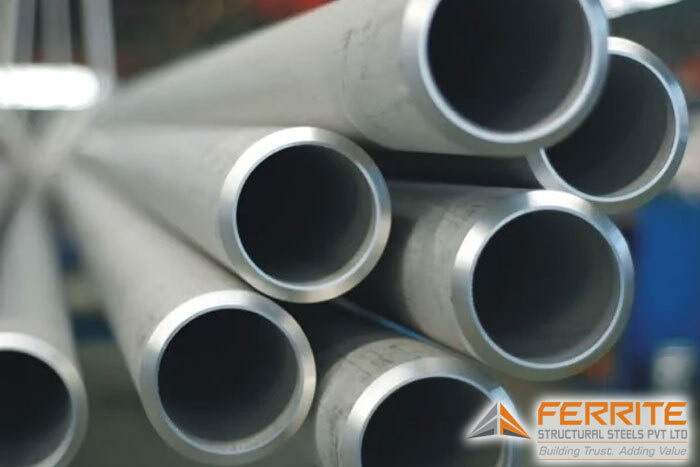
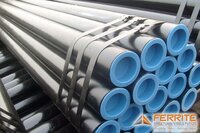
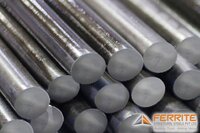
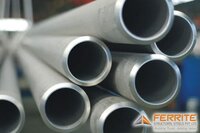
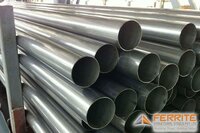





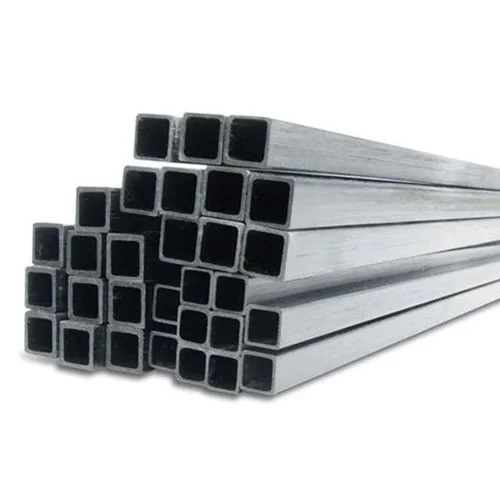
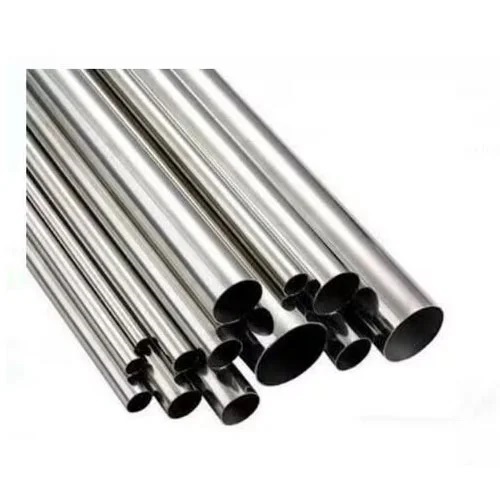
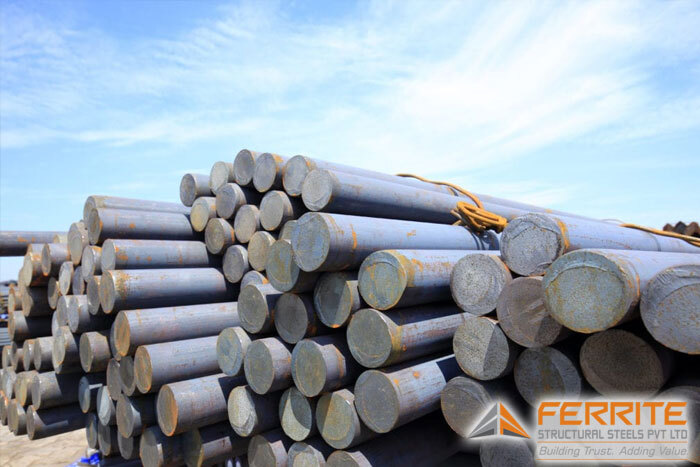
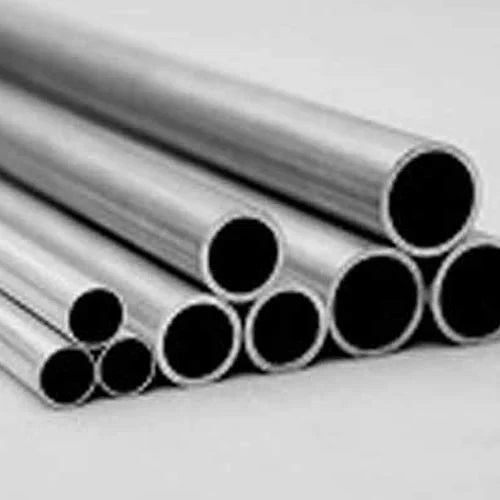
 Send Inquiry
Send Inquiry Send SMS
Send SMS Call Me Free
Call Me Free
